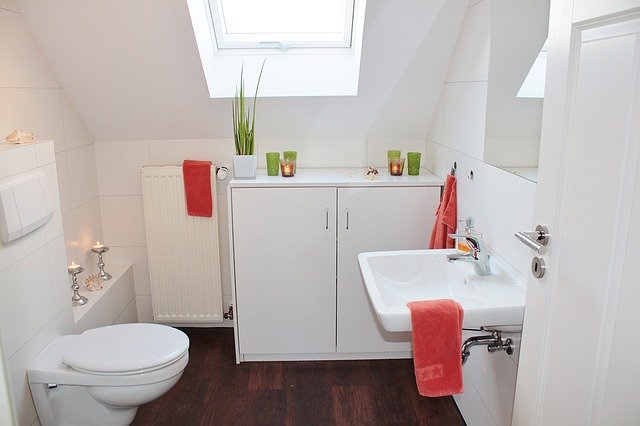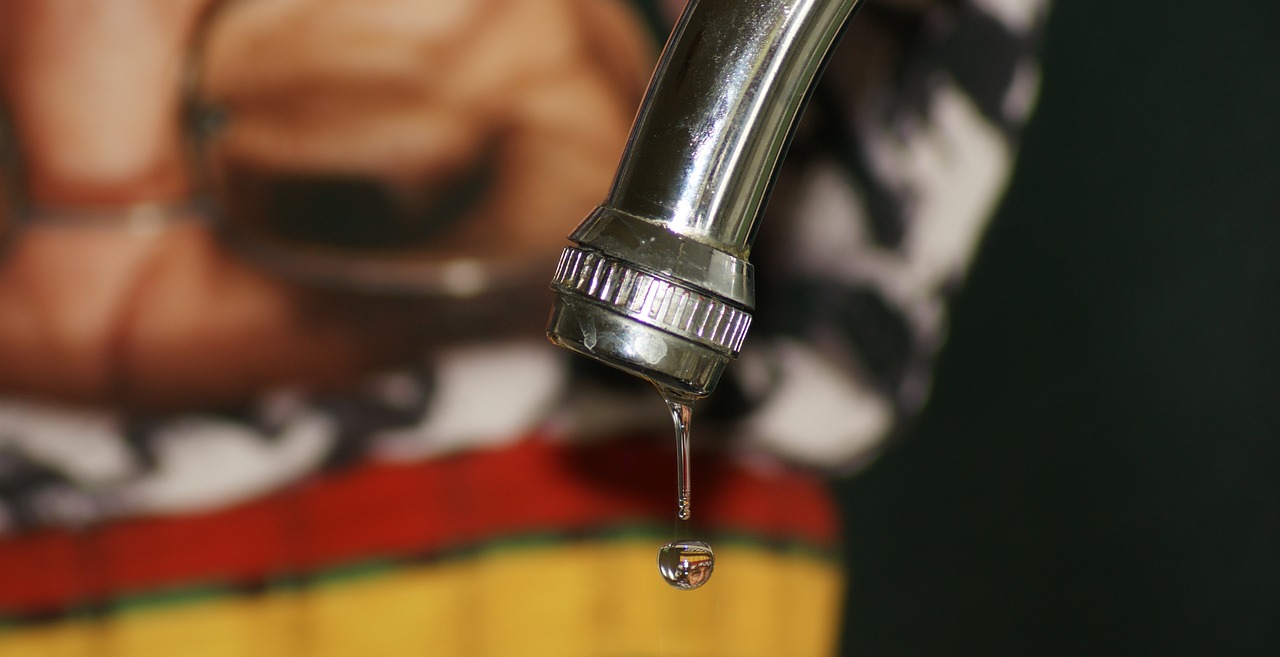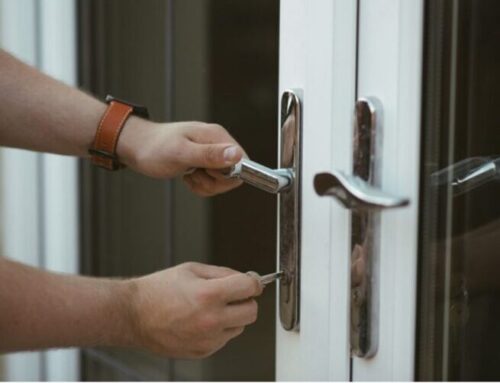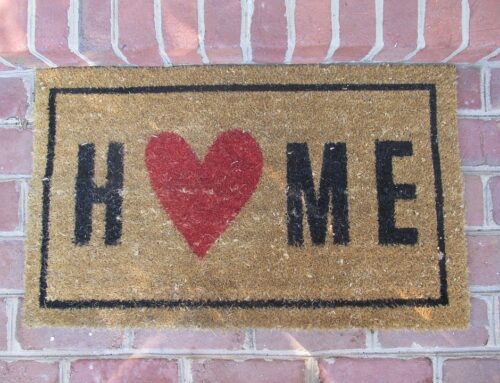Water leaks often start small – they are barely noticeable in the beginning. Unfortunately, if you don’t detect it on time, the drip becomes a flood and cause severe damage to your home and your bank balance. According to the ABI (the Association of British Insurers), at least one in four building and contents insurance claims are down to leaky or burst pipes. That is why to save money, it is crucial to detect the leaks and act fast to prevent them becoming more serious.
Read also: 4 Common Plumbing Issues at home and How to Fix Them
How to Detect Water Leaks in Your Home
There are a few things you can do to detect a water leak, even if you can’t see any water:
- Monitor your water usage. Having visitors, watering the garden more in summer, and one-off spring cleaning can all lead to using more water. However, if there is no apparent reason for the suddenly increased usage, this could be a sign of a leak.
- If there are drops in water pressure when taking a shower or filling the bath, this could also be a sign of a leak. However, in the shower, changes in pressure can also be a result of a clogged showerhead. Usually, this happens due to limescale build-ups or a faulty shower and bath diverter.
- Check when your boiler turns on. If it works almost all the time, there could be a leak in the hot water pipe.

A bathroom is a common place where leaks start.
Common Spots for Water Leaks
If you assume you have a leak and don’t have a leak detector, there are some usual places around the home it’s always worth checking:
- Boiler/water tank: Check the water valves that go in and out of the water tank or the boiler – if there is a water escape, you should be able to see it easily. If there isn’t a visible issue, look for indications of a slow leak – it can be water rings on the floor below the valve, or you could hear a hissing sound. Unfortunately, if you have a central heating boiler, you won’t be able to fix the problem yourself. A leak could be a sign of a more serious issue, so contact a professional plumber.
- Toilet: It isn’t unusual for the toilet to start leaking because of their everyday use. A leaky toilet isn’t usually something to worry about. However, it can be costly if the water is continuously running. It can be possible to fix the problem yourself if the culprit is a worn-out washer.
- Showerhead: We use the shower on a daily basis. Sooner or later, the parts start wearing down, and it is likely to find leaks. As we said above, the low pressure could be the sign of a leak or a clogged showerhead. That is why the shower is one of the first places you should check if you think there is a water escape somewhere in your home.
- White goods: During everyday use, some appliances can move slightly from their original spot. This loosens the valves and pipes and can result in a leak. Check your appliances regularly to make sure all the parts are secure.
Check also: Useful Tips on Repairing the Leaky Shower By Yourself
What to Do If You Do Detect a Leak
If there is a small leak that you can fix yourself, you can turn off the water supply while you get the tools and materials you need to make repairs. However, if it’s a more significant water escape, we always recommend contacting an experienced plumber to cure the leak safely. You should always turn off the electrics to any place in the house affected by a water leak.



